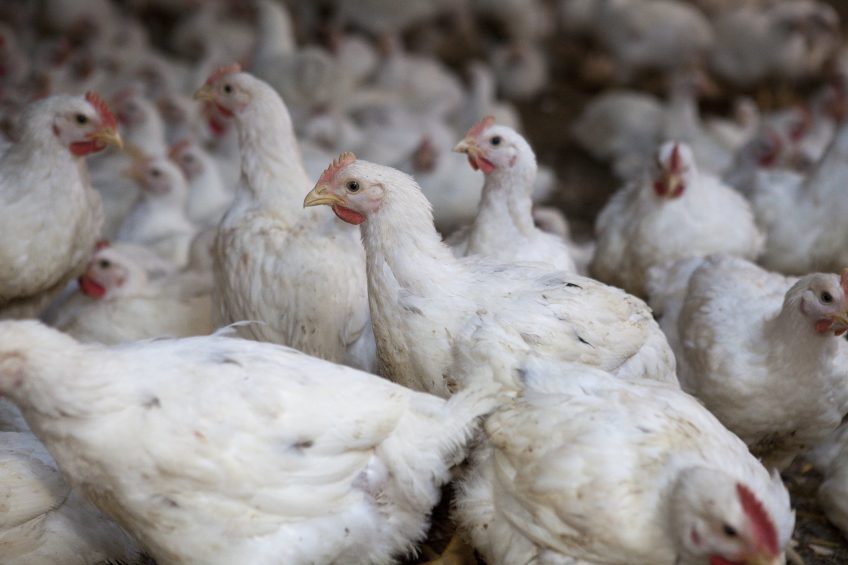Immune cells increase susceptibility to Marek’s disease

Scientists at a renowned UK research centre have identified a new type of immune cells that is involved in the development of Marek’s disease.
Marek’s disease virus (MDV) is highly contagious and causes a deadly cancer of the lymph nodes (lymphoma) and immunosuppression in poultry, making bird susceptible to secondary infections.
MDV is a major threat to the poultry industry, with losses relating to the disease estimated to be up to $2bn across the globe.
Now, research published in PLOS Pathogens, has revealed that infection with Marek’s disease virus increases the number of new immune cells, called suppressor lymphocytes, which suppress the chicken immune response.
Study
The study also shows that higher numbers of suppressor lymphocytes increases the susceptibility of chickens to lymphoma formation.
Dr Shahriar Behboudi, head of the Avian immunology group at the Pirbright Institute, Surrey, said: “Some viruses exploit host immune cells for their own purpose to evade normal host defences.
“We found that MDV can modulate immune responses by activating suppressor lymphocytes, contributing to immunosuppression and lymphoma formation.”
The scientists also found that lymphoma cells have similar characteristics to suppressor lymphocytes, meaning they too can suppress immune responses.
The findings mean that new pathways that are involved in the development of the disease have been identified, which can help identify chicken lines that are more resistant to MDV.
The study was funded by a grant from the Biotechnology and Biological Sciences Research Council.












